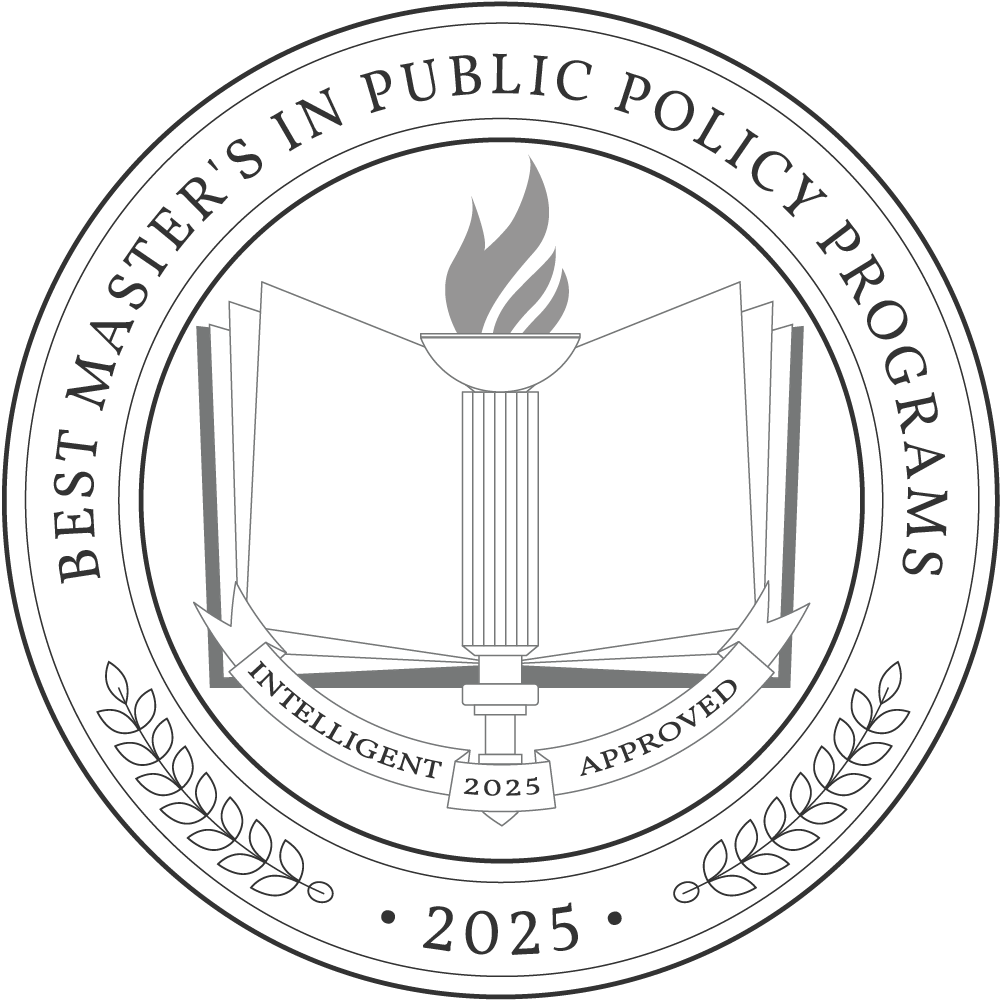A master’s in public policy is a versatile degree that prepares students for advanced careers in government, private-sector corporations, and nonprofits. Students graduate with the skills and expertise to formulate, advance, and advocate for government policies that impact local, regional, and national communities. Graduates go on to work as legislative aides, government relations managers, policy analysts, and political scientists.
The median annual wage for political scientists is $132,350. Salaries vary greatly depending on the location and industry. Those who work in the federal government earn a median yearly salary of $145,600, while those in educational services earn $78,970 annually. This field is expected to grow faster than average, with 500 openings projected yearly from 2023 to 2033.
Most master’s in public policy programs require students to complete between 30 and 45 credits. Students often complete the degree in two to three years of full-time study. Accelerated and part-time programs are also available, where students can complete the program at their desired pace. The average annual tuition for a master’s program is $20,513, but will depend on the institution, program, and student housing requirements.
Why Trust Us
The Intelligent.com Higher Education Team is dedicated to providing students with independent, equitable school and program rankings and well-researched resources. Our expert-driven articles cover topics related to online colleges and programs, paying for school, and career outlooks. We use data from the U.S. Department of Education’s College Scorecard, the National Center for Education Statistics, and other reputable educational and professional organizations. Our academic advisory team reviews content and verifies accuracy throughout the year for the most current information. Partnerships do not influence rankings or editorial decisions.
- Analyzed over 2,000 national, accredited, and nonprofit colleges and universities
- 800+ rankings pages are reviewed and updated yearly
- Content is informed by reputable sources, surveys, and interviews with academic advisors and other experts
- Over 100 data points are reviewed for accuracy and quality throughout the year, including sources
How we rank schools
Our list features the best Public Policy degree programs at top colleges nationwide. Each school featured is a nonprofit, accredited institution — either public or private — with a high standard of academic quality for post-secondary institutions.
We evaluated each school’s program on tuition costs, admission, retention and graduation rates, faculty, reputation, and the student resources provided for online students. We collected data from trusted sources like the National Center for Education Statistics, individual school and program websites, school admissions counselors, and other data sources. Then, we calculated the Intelligent Score on a scale of 0 to 100 based on the following criterion:
Academic Quality:
- Admission rate versus enrollment rate
- Retention rate of students who return after year one
- Accreditation status (regional and programmatic)
- Nonprofit status, both private and public institutions
Graduation Rate
- Overall graduation rate
- Total number of currently enrolled students, including diversity metrics
- Student-to-faculty ratio
Cost and ROI
- In-state and out-of-state per-credit tuition rates and fees
- Required credits to graduate
- Earning potential after graduation
- Availability of federal student loans, scholarships, and other financial aid options
Student Resources
- Available student services for online-only and hybrid programs
- On-campus amenities like tutoring centers and the number of libraries
Read more about our ranking methodology.
Best 15 Accredited Master's in Public Policy Degree Programs
FiltersInstitution Type
Status
- Intelligent Score
- Alphabetically By University Name
- Acceptance Rate
- Enrollment
- In-state Graduate Tuition
- Out-of-state Graduate Tuition
- In-state Undergraduate Tuition
- Out-of-state Undergraduate Tuition

University of California, Berkeley
Intelligent Score: 98.91In-state: $11,442
Out-of-state: $41,196
In-state: $11,442
Out-of-state: $11,442
SAT: 1310-1530
ACT: 30-35
$681
On-Campus
WASC Senior College and University Commission
36

University of Michigan
Intelligent Score: 98.47In-state: $16,520
Out-of-state: $53,669
In-state: $24,344
Out-of-state: $24,344
SAT: 1340-1520
ACT: 31-34
In-State: $1,990
Out-of-State: $3,283
On-Campus
Higher Learning Commission
48
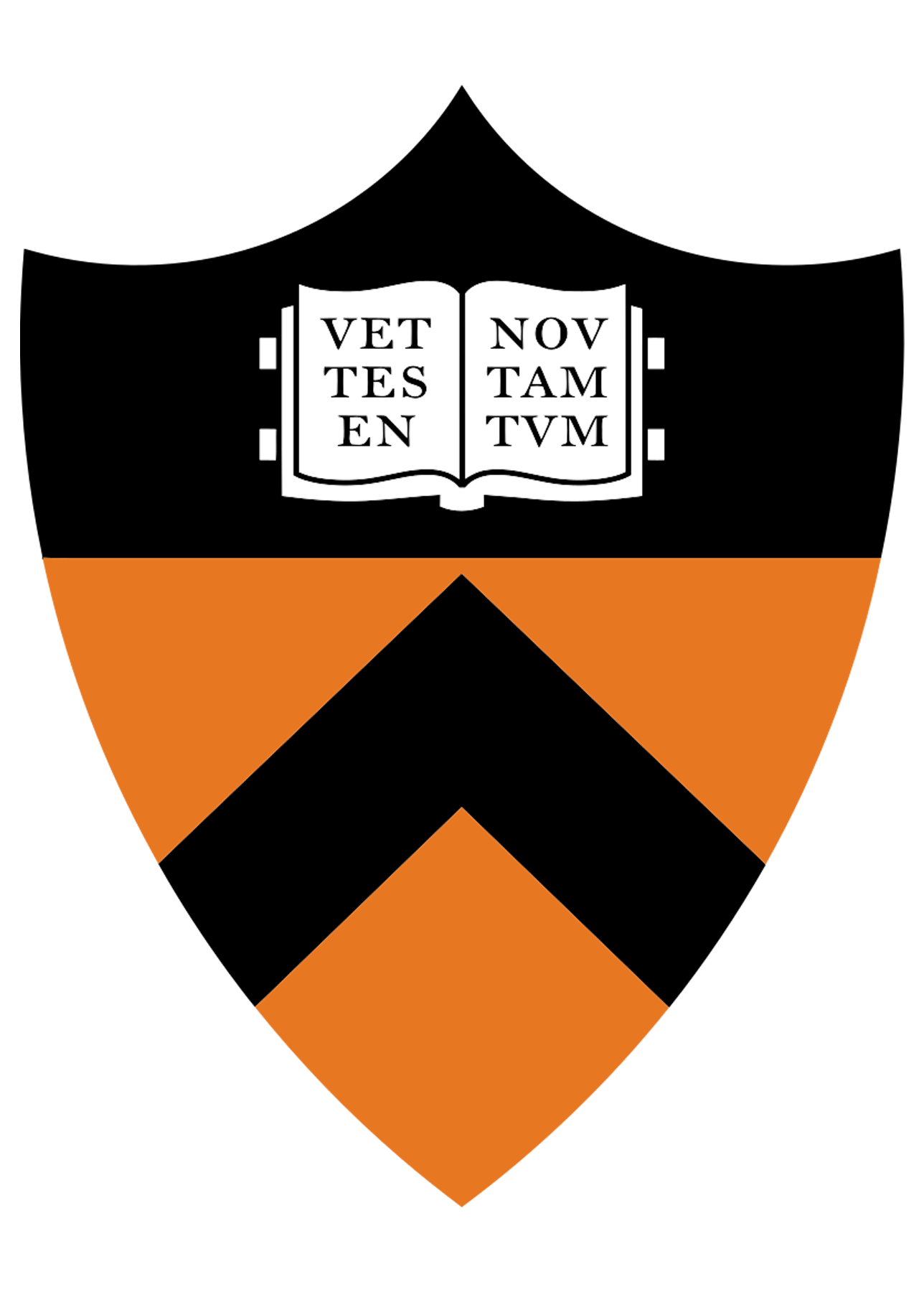
Princeton University
Intelligent Score: 97.77In-state: $48,502
Out-of-state: $48,502
In-state: $53,890
Out-of-state: $53,890
SAT: 1450-1570
ACT: 32-35
$1,658
On-Campus
Middle States Commission on Higher Education
36
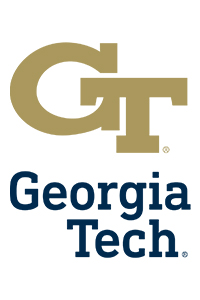
Georgia Institute of Technology
Intelligent Score: 95.63In-state: $28,106
Out-of-state: $49,218
In-state: $27,898
Out-of-state: $27,898
SAT: 1370-1530
ACT: 31-35
In-State: $586
Out-of-State: $1,215
On-Campus
Southern Association of Colleges and Schools Commission on Colleges
46

University of Connecticut
Intelligent Score: 94.90In-state: $14,406
Out-of-state: $37,074
In-state: $16,908
Out-of-state: $16,908
SAT: 1170-1390
ACT: 27-32
In-State: $1,084
Out-of-State: $1,690
On-Campus
New England Commission of Higher Education
42

The University of North Carolina at Chapel Hill
Intelligent Score: 94.32In-state: $7,019
Out-of-state: $34,198
In-state: $10,552
Out-of-state: $10,552
SAT: 1280-1490
ACT: 28-33
In-State: $1,058
Out-of-State: $2,074
On-Campus
Southern Association of Colleges and Schools Commission on Colleges
48

Harvard Kennedy School
Intelligent Score: 93.87In-state: $49,653
Out-of-state: $49,653
In-state: $49,448
Out-of-state: $49,448
SAT: 1460-1580
ACT: 33-35
$1,507
On-Campus
New England Commission of Higher Education
38

The University of Texas at Dallas
Intelligent Score: 93.13In-state: $11,448
Out-of-state: $40,032
In-state: $12,028
Out-of-state: $12,028
SAT: 1210-1470
ACT: 26-33
In-State: $858
Out-of-State: $1,364
On-Campus
Southern Association of Colleges and Schools Commission on Colleges
36

University of Chicago
Intelligent Score: 93.07In-state: $57,642
Out-of-state: $57,642
In-state: $60,300
Out-of-state: $60,300
SAT: 1500-1570
ACT: 34-35
$1,704
On-Campus
Higher Learning Commission
54
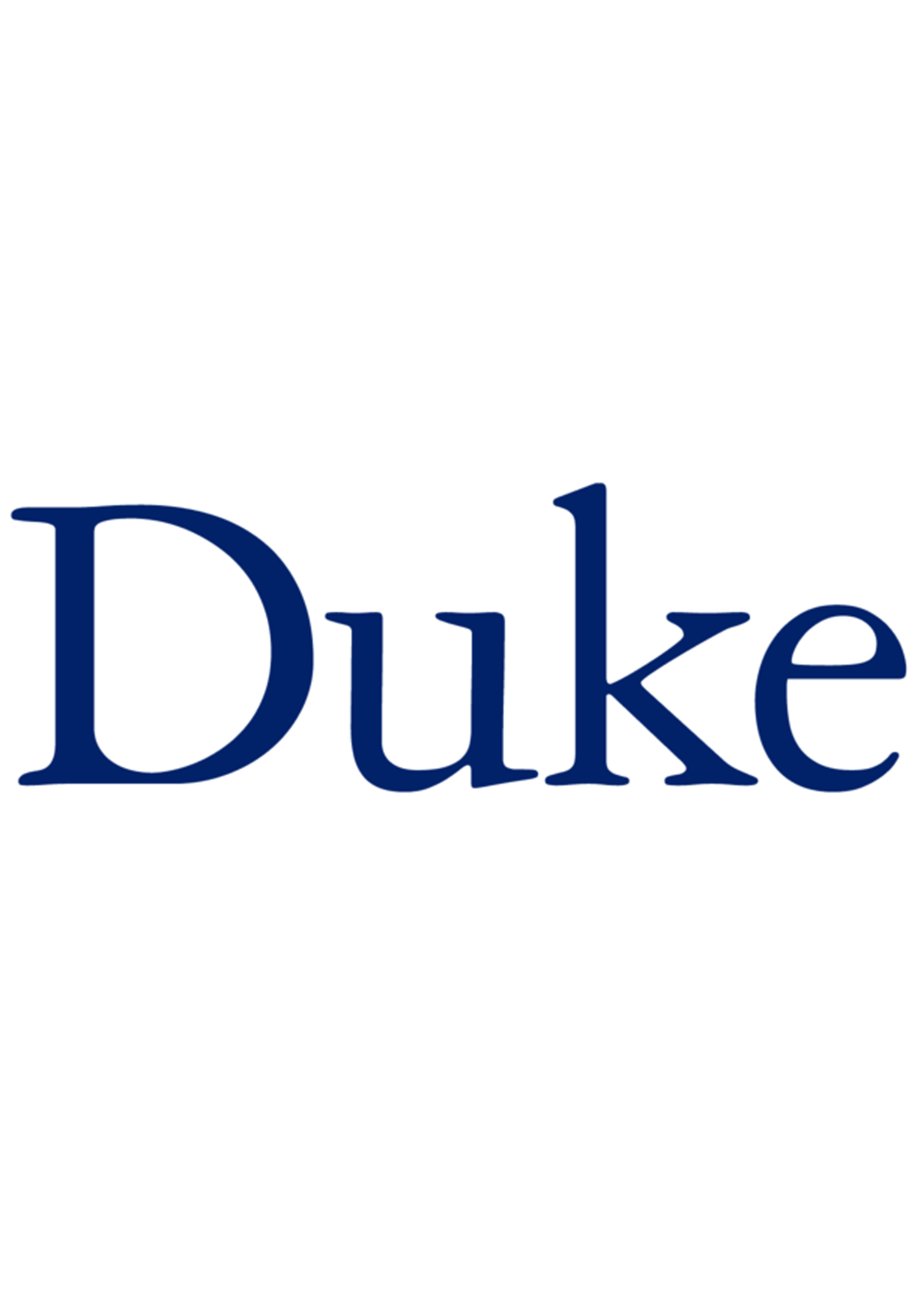
Duke University
Intelligent Score: 92.44In-state: $55,880
Out-of-state: $55,880
In-state: $57,900
Out-of-state: $57,900
SAT: 1470-1570
ACT: 34-35
$1,043
On-Campus
Southern Association of Colleges and Schools Commission on Colleges
36

William Paterson University of New Jersey
Intelligent Score: 89.45In-state: $13,638
Out-of-state: $22,204
In-state: $13,428
Out-of-state: $13,428
SAT: N/A
ACT: N/A
In-State: $807
Out-of-State: $1,258
On-Campus
Middle States Commission on Higher Education
30
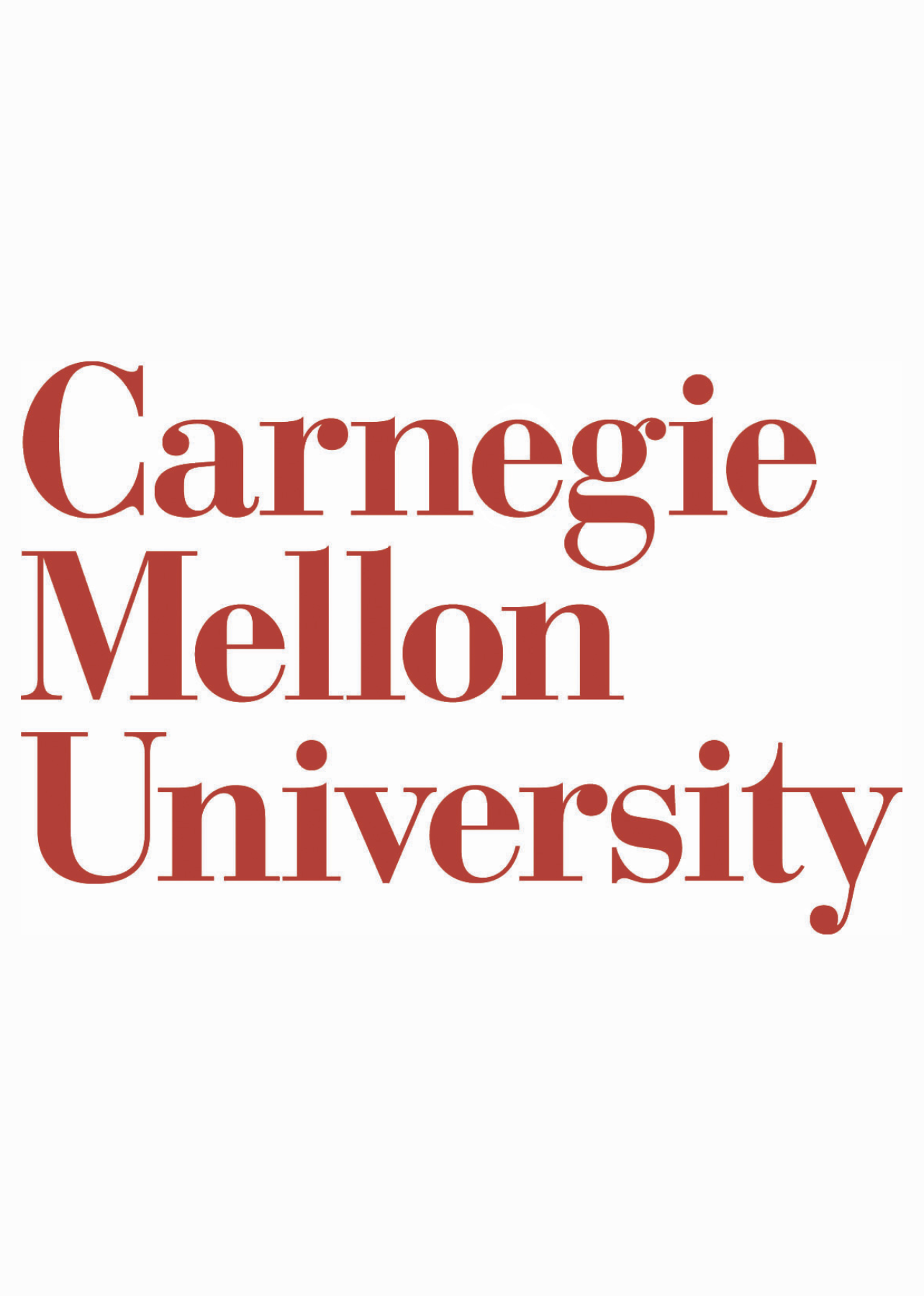
Carnegie Mellon University's Heinz College
Intelligent Score: 88.72In-state: $57,560
Out-of-state: $57,560
In-state: $46,441
Out-of-state: $46,441
SAT: 1460-1560
ACT: 33-35
$1,503
On-Campus
Middle States Commission on Higher Education
42

University of Southern California
Intelligent Score: 88.21In-state: $59,260
Out-of-state: $59,260
In-state: $47,880
Out-of-state: $47,880
SAT: 1340-1530
ACT: 30-34
$1,851
On-Campus
WASC Senior College and University Commission
48

Pepperdine University
Intelligent Score: 86.47In-state: $57,750
Out-of-state: $57,750
In-state: $36,200
Out-of-state: $36,200
SAT: 1200-1410
ACT: 26-31
$1,975
On-Campus
WASC Senior College and University Commission
50

The George Washington University
Intelligent Score: 86.14In-state: $55,961
Out-of-state: $55,961
In-state: $31,770
Out-of-state: $31,770
SAT: 1270-1450
ACT: 30-33
$2,020
On-Campus
Middle States Commission on Higher Education
40
How to Choose a Master’s in Public Policy Program
Choose your area of study
Master’s programs in public policy are often offered as a Master of Public Policy or Master of Arts, which differ in their focus areas and structure.
A Master of Public Policy degree offers a specialized approach that focuses on applied policy problems and includes practical applications. Coursework often centers on analyzing and recommending policies and includes a thesis component.
A Master of Arts in public policy degree focuses on the theory of public policy as viewed in economics, history, law, and political science.
Choose the degree that best aligns with your interests and career goals. Many programs also allow you to select a specialization, which will influence your elective courses and tailor your education to the selected field. Common specialization options include:
- Policy analysis
- Public administration
- Public affairs
- Local government
- International development
- Program evaluation
- Environmental policy
- Economic policy
Research schools and programs
As you’re researching graduate schools, look for those with regional or national accreditation. Accreditation is recognized nationwide and ensures that the school meets the quality standards set by recognized organizations. It can also assist in transferring credits, receiving government aid, and applying for jobs. You can search the Council for Higher Education Accreditation (CHEA) database to find graduate schools and programs with recognized accreditation.
Utilize all of the available resources to learn more about potential schools and programs, including:
- Visiting graduate schools in person
- Attending open houses
- Following schools on social media
- Browsing school and program websites
By doing so, you’ll better understand the culture, curriculum, and campus lifestyle and determine if they align with your interests and needs. You can also contact an academic advisor to learn more and ask questions.
Prepare for tests and applications
Most master’s in public policy programs require a minimum of five years of professional work experience in public management, program evaluation, local government, international development, budgeting and finance, or related areas. In addition, the institution will likely require students to submit the following:
- Undergraduate transcripts
- A resume
- Letters of recommendation
- A personal statement
- Proof of English language proficiency
Carefully review the requirements for each prospective program, and speak with an admissions advisor before submitting your application. They’ll review the application process with you and confirm if your work experience meets the requirements.
Select your program
Review the program options to determine the best choice for your academic and career goals. If you are accepted to multiple graduate schools, take the time to review the cost, length, focus areas, and learning options of each institution. Consider whether the program is full-time or part-time, online or in-person, and synchronous or asynchronous. Many programs also require students to complete a residency or internship, so make sure this works with your schedule.
If you need help deciding, review your options with an academic advisor. They’ll discuss each program with you and help you make the best choice for your needs.
Determine how you’ll pay for your degree
Create a yearly budget outlining academic-related expenses such as tuition, fees, and supplies, along with living expenses such as housing, transportation, and extracurriculars. Review the budget to determine if you can pay for the degree yourself or if you require financial assistance.
Submit the Free Application for Federal Student Aid (FAFSA) to determine the amount of financial aid you’re eligible to receive, including scholarships, work-study funds, grants, and loans. If you currently work in the industry, ask your employer if they offer tuition assistance. Many companies will help with employees’ tuition fees if they’re studying areas that will benefit their future careers.
What Can You Expect From a Master’s in Public Policy Program?
A master’s program in public policy provides students with a thorough understanding of government policies’ formation process and impact. The key areas studied include policy design and implementation, advocacy and lobbying, economic foundations, strategic planning, public management, and policy analysis. Graduates complete the degree with the communication, research, and decision-making skills necessary to excel in advanced positions in the field.
Master’s in public policy programs often consist of required foundational courses and elective courses tailored to individual focus areas. The various online and in-person learning methods include lectures, exams, research projects, presentations, and seminars. Most programs conclude with a required internship or residency that allows students to gain real-world experience in the industry.
Potential courses you’ll take in a master’s in public policy program
- Public Governance. Students examine how government and public organizations serve their stakeholders, the services they carry out, how they manage their resources, and how they manage regulatory powers.
- Public Budgeting and Financial Management. This course introduces the revenue and expenditure structure of the public sector. Students learn about revenue policy, expenditure policy, administration, and budget structure.
- Economics for Public Administrators. Students examine the role of government in the economy as related to market failure and social equity. They’ll explore topics including income distribution, public goods, the allocation of goods and services, and the impact of macroeconomic events.
- Leading Public Organizations. This course discusses the qualities and practices of an effective public leader, including the impact of organizational behavior.
- Acquiring, Developing, and Leveraging Human Capital: Students will study the effective management of human capital within a successful organization. Topics include talent management, employee development, succession planning, and performance metrics.
Master’s in Public Policy Degree Frequently Asked Questions
How do I apply to a master's in public policy degree program?
Visit the prospective program’s website to review the application requirements for the degree. Most programs require students to have five or more years of work experience in a related field before applying. You will also likely have to submit a resume, undergraduate transcripts, letters of recommendation, and a personal statement. Speak with an admissions advisor before submitting your application to ensure you have all the required materials.
How much does a master's in public policy degree cost?
The average annual cost of a master’s degree in public policy is $19,749, but it will vary depending on the school and program. Students should consider additional expenses that may increase this cost, including supplies, housing, transportation, and living expenses. Those who complete part-time or online programs may see this amount decrease.
How long does it take to earn a master's in public policy degree?
Most master’s degree programs in public policy require two to three years of full-time study. Part-time and asynchronous programs are available for those who do not have full-time availability, allowing students to complete the courses at their desired rate. However, many programs require the completion of an internship or residency, during which students will need to be available full-time.
Compare School Options
Related Degrees
